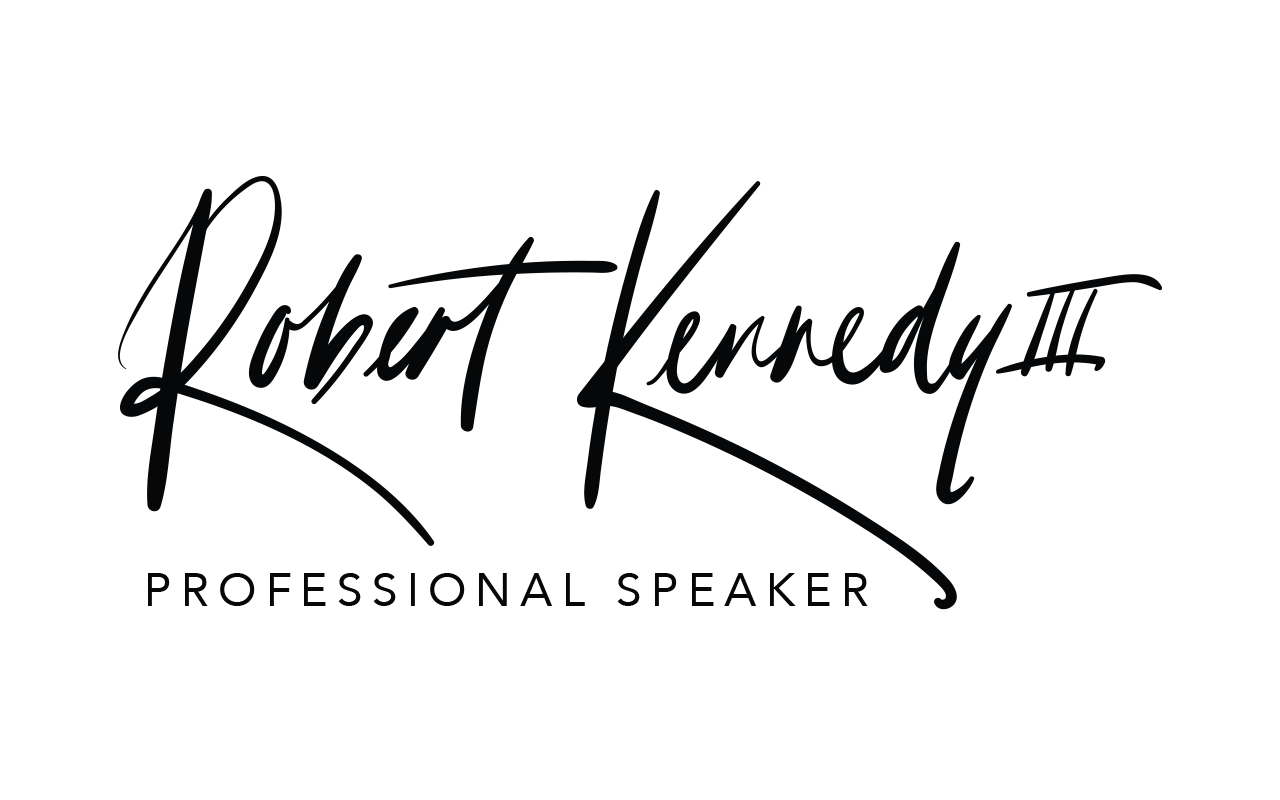It’s that time of year…the time that a lot of people look forward to. This time of year is so special for many people that it is marked on their calendars. They look forward to sharing this time with their co-workers, their families, and other people who might be experiencing a similar moment.
For many, this is known as BONUS time. This is the time that many employees get tangible feedback about what they have been doing over the course of the year. In many cases, the size of the bonus represents the perceived value that you have brought to the organization. In some cases, the middle managers jump into a scrum and fight for people in their department to get a percentage of the bonus pool.
I’m not sure if I know anyone who is mad that they are getting a bonus. But, one former colleague wondered whether or not the executives thought that this was the only acceptable way of saying thanks. Then the question came! If the bonus amount varies, does that mean that there are levels of “thanks”? For instance, since my bonus is less this year, does that mean that my company is less “thankful” for me this year (especially since someone else’s bonus increased)?
While money is a start that no one will refuse, creating a culture of gratitude can have a much more profound impact on employee performance. I’m not simply talking about giving compliments. I’m not talking about the pre-printed cards sent from the HR department with the CEO’s name stamped on the bottom. I’m not talking about generic group expressions of appreciation. I’m talking about a culture where there is clear evidence of connection and personal interaction between the leaders and those they lead.
A bonus is great. But, think about how meaningful it would be if an employee received a personal phone call from the company CEO to congratulate him/her on completing a project that seems insignificant to the rest of the company. That is easier in a 20 person company. But, think of how someone in a 10,000 employee organization might feel to get that sort of call. Would that employee have a higher sense of purpose and perform better even for a little while? You bet they would.
Many articles have been written about what employees can do to perform better andhow companies can make them feel valued. But, leaders must take it upon themselves to do simple things to create a culture of gratitude. They do not need to be over the top actions. They can be simple actions such as:
1. A phone call to an employee/team member regularly
2. Taking an employee/team member to lunch one-on-one
3. Stopping by their desk to say hello and asking about a non-work event
4. A golf date that is not tied to a company event
5. Sending a handwritten thank you note
6. A prompt verbal thank you after any activity performed which is outside their comfort zone or job requirement
7. A pat on the back to simply acknowledge their presence
8. A smile with sincere eye contact
9. Giving a gift/book that might be helpful without it being an anniversary, birthday or a special event (an inspirational book or personal event)
10. A note to the entire company from the president giving a shout out to people in the organization for random personal events. (Example: Mary in marketing just did her 3rd Toastmasters speech. That’s pretty impressive, Mary)
Gratitude must be intentional, sincere, meaningful and authentic. Generic group displays have short term gains. But for consistent performance boost, people who KNOW that they are appreciated even before they have done anything, simply START with a different level of energy and tend to keep it up.
Recognize their gifts. Acknowledge the things that make them amazing. Let them know you recognize their “amazing-ness” and how much you want to help them become even more amazing. That’s hard work. It takes intention. It takes commitment. It takes dedication. But you won’t believe the results.
What else can leaders do to show how thankful they are? I’d love to see more ideas in the comments.


